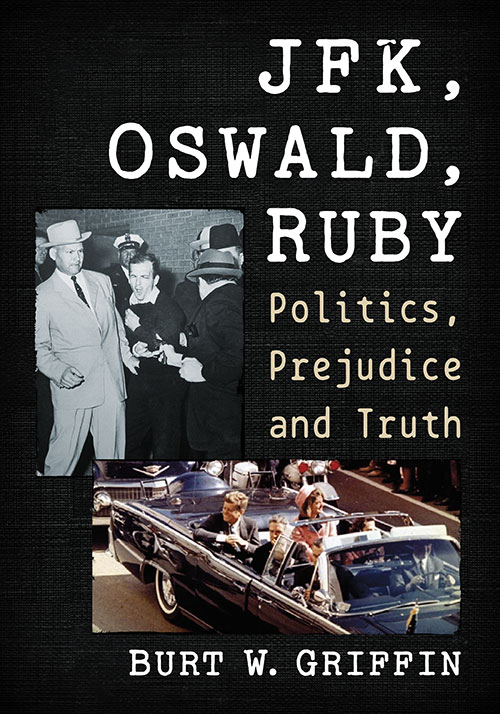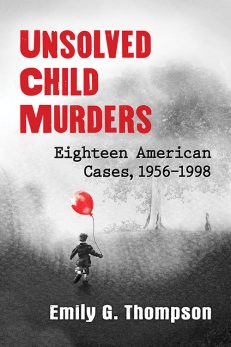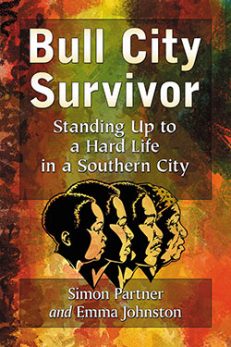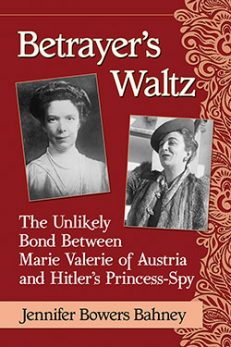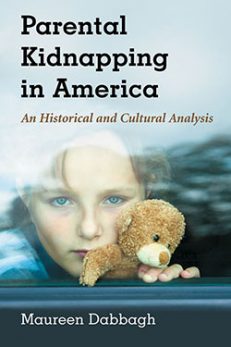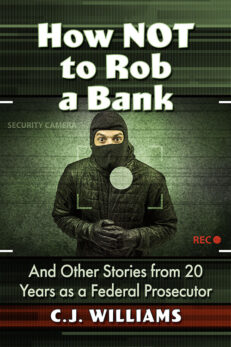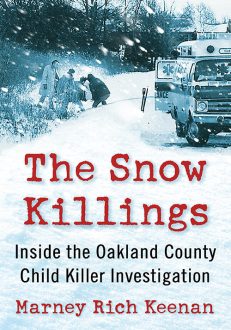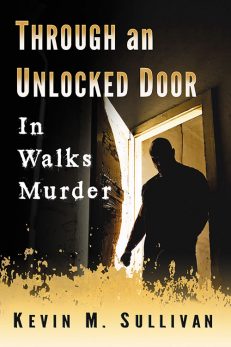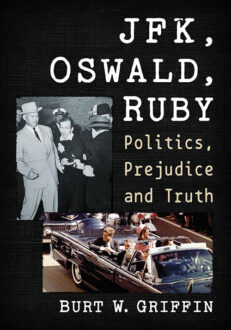JFK, Oswald and Ruby
Politics, Prejudice and Truth$39.95
20 in stock
About the Book
In this book, former Warren Commission lawyer Burt Griffin examines anew the Kennedy assassination, its various investigations, its effects on the Cold War and the civil rights movement, and the motives of Lee Harvey Oswald and Jack Ruby. Griffin begins with his own skeptical reaction to the assassination, proceeds to the Dallas police investigation, and continues with the efforts of himself and his colleagues to sift truth from those who concealed, withheld, or exaggerated evidence.
After nearly six decades of study, Judge Griffin is satisfied that Oswald acted alone. He concludes that violence in the Cold War and civil rights movement caused Oswald to believe that blame for Kennedy’s death might be placed on followers of rightwing activist and former U.S. Army general Edwin Walker. Walker was an outspoken enemy of Oswald’s idol, Cuban president Fidel Castro, and a firm opponent of racial integration—and Oswald had already attempted to murder Walker in April 1963. The author gives the Walker movement a more prominent place in the assassination story and traces the conflicting ambitions of Walker, Oswald, Kennedy and Ruby as they collided in October and November 1963. This book will help serious readers separate truth from fiction and to become examiners of how insignificant, unsuspected, powerless people driven by very personal needs and fears can, with the help of a firearm, alter the course of history.
About the Author(s)
Praise for the Book
- “Burt Griffin writes with the authority and confidence of someone in complete control of the tumultuous history of the JFK assassination. Benefiting from his service as the Warren Commission’s assistant counsel, Griffin provides a fresh and page-turning account of America’s most infamous political murder. JFK, Oswald and Ruby is accessible both for those who have never read about the case as well as for veteran assassination researchers. Griffin’s most important contribution is presenting a credible explanation of how the turbulent politics and social divisions of the early 1960s fueled the lethal motives for ‘two powerless but ambitious people,’ Lee Harvey Oswald and Jack Ruby. Burt Griffin has performed a public service in JFK, Oswald and Ruby.”—Gerald Posner, author of Case Closed
- “One of Burt Griffin’s law school classmates once told me the primary reason he believed the Warren Report was because Griffin had been a member of the commission’s staff, and that he would not have been party to an inadequate, corrupt, or incompetent investigation. True to form, in JFK, Oswald and Ruby, Griffin delivers a reality check to those who distort the truth for profit, out of bias or ideology, or through sheer ignorance. The Ruby dimension gets short-changed in many books about the assassination of President Kennedy. Not here.”—Max Holland, author of The Kennedy Assassination Tapes
- “The Warren Commission was a search for truth complicated by politics. For Burt Griffin and his fellow fifteen staff members who did most of the investigative work of the Commission, truth alone was important. Meanwhile, the public, after Oswald’s murder at the hands of Jack Ruby, lost sight of the importance of the Cold War and civil rights to all parties interested in the assassination–including themselves. By highlighting JFK’s murder as collateral damage from the passions of anticommunism and civil rights of the media, two assassins, JFK himself, and Americans generally, Burt Griffin could not have written a timelier book. He penetrates the fog of conspiracy that has obscured the true triggers behind the two assassins of 1963: the context of uncivil and unhinged passion, no less murderous today, as Griffin reminds us in this important book.”—Richard A. Reiman, professor of history, South Georgia State College, and historian of the JFK assassination in American memory
Bibliographic Details
Burt W. Griffin
Format: softcover (7 x 10)
Pages: 385
Bibliographic Info: 22 photos, notes, bibliography, index
Copyright Date: 2023
pISBN: 978-1-4766-8776-6
eISBN: 978-1-4766-4992-4
Imprint: McFarland
Table of Contents
Acknowledgments vii
Preface 1
Introduction 5
Politics One—Investigators Find a Suspect 7
1. The Most Extensive Criminal Investigation in History 8
2. Police and Sheriffs at Work 10
3. Lee Harvey Oswald Faces Captain Will Fritz 19
4. The Warren Commission Begins Its Work 26
Politics Two—Prejudice and Truth 35
5. Truth-Finding and Jack Ruby’s Trial 36
6. Truth and Self-Interest 43
7. Jack Ruby Tells His Story 49
8. Friends, Employees, and Truth-Telling 55
9. Jack Ruby: The First Conspiracy Investigator 60
Politics Three—Determining Credibility 71
10. National Interest, Self-Interest, and Truth 72
11. Scientific Evidence, Physical Evidence, and the Quest for Truth 80
12. Sylvia Odio: A Sincere Witness May Be Wrong 89
13. Mark Lane: A Misleading Advocate 93
Politics Four—Ambition, Failure, and Assassination 97
14. Leaving Why to Others 98
15. Becoming a Marxist 103
16. To Russia for Love 113
17. The Maasdam Manifesto 122
18. Independence and the Changed Man 129
19. Edwin Walker: A Target for Murder 134
20. Alone in Dallas: A Chance for Political Reflection 143
21. Searching for Identity 151
22. Waiting for Walker 158
23. Action and Exit 167
24. The Big Easy 176
25. Revolution in America 178
26. Looking at a Different Revolution 181
27. Beyond Birmingham and Dallas 184
28. Building a Dossier 186
29. Fantasies After Failure 192
30. Another Try at the Dossier 198
31. Mexico City: Secrecy, Bureaucracy, Credibility, and the Cold War 215
32. Setting the Stage for Assassination 224
33. Looking for a New Life 230
34. Resuming Political Pursuit 235
35. Agent Hosty Disrupts the Inner World 243
36. Fathoming the Unknown 248
37. Distractions from Dallas Dangers 256
38. Waiting for the President 265
39. Semifinal Acts 269
40. Friday, November 22 273
41. Answering Why? 275
Politics Five—Coping with Truth in Assassinations 281
42. Marina and America 282
43. The Assassination’s Long Arm 286
44. The Unending Search for Truth 302
45. A Conversation about Conspiracy, Truth, and Trust 308
46. Truth and Trust in a Political World 314
Postscript: Continuing the Search for Truth 317
Chapter Notes 319
Bibliography 363
Index 369

